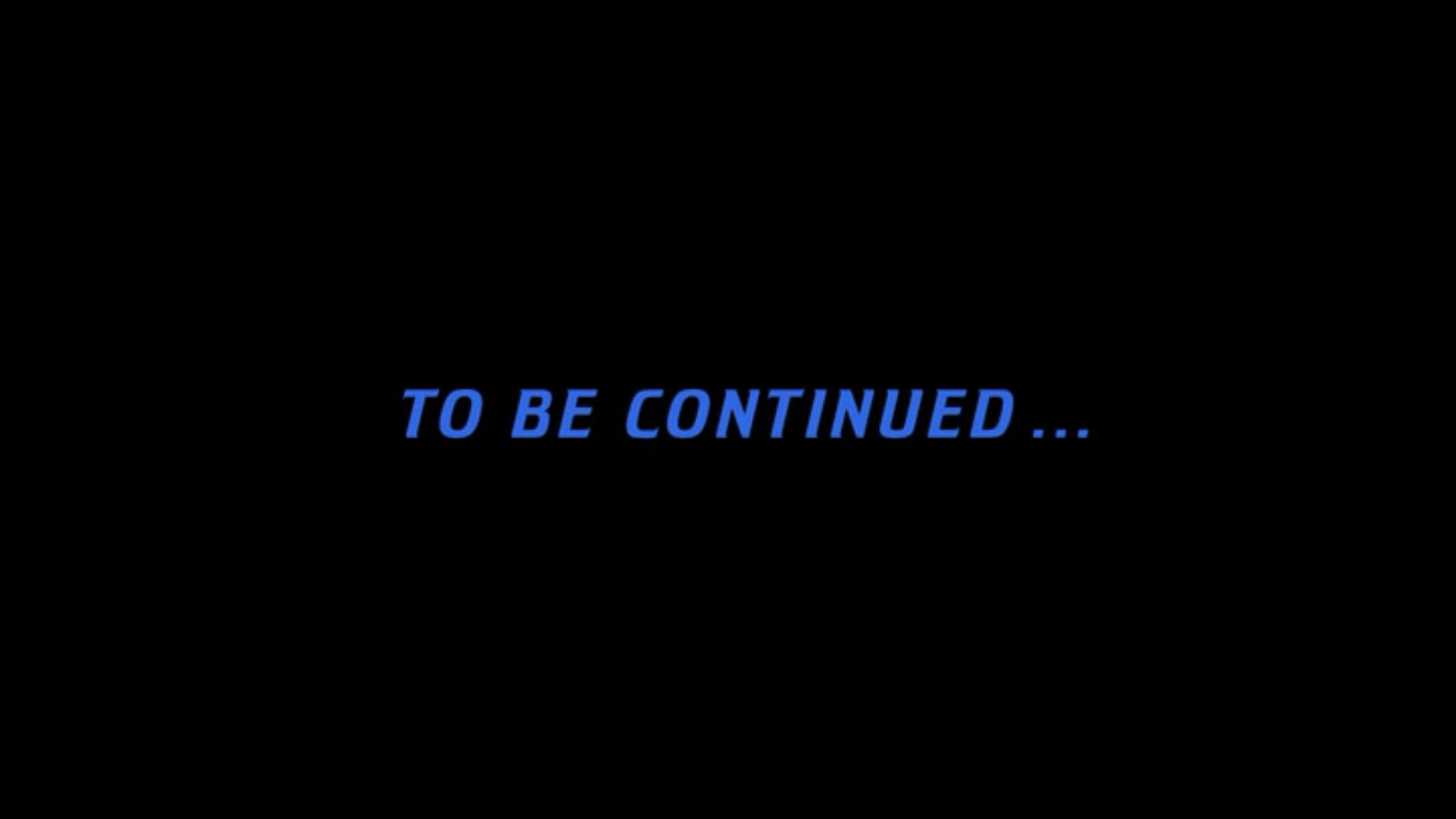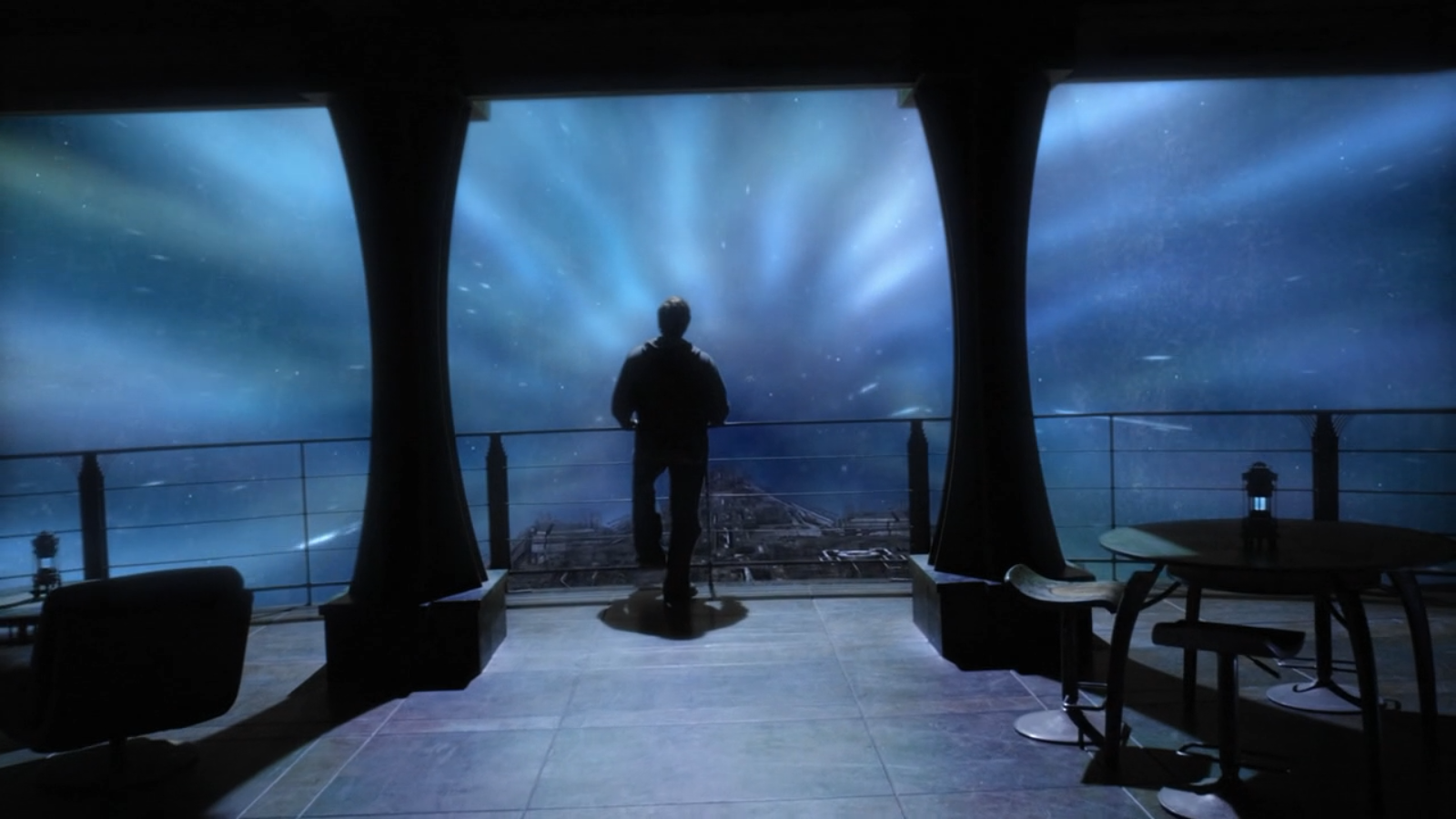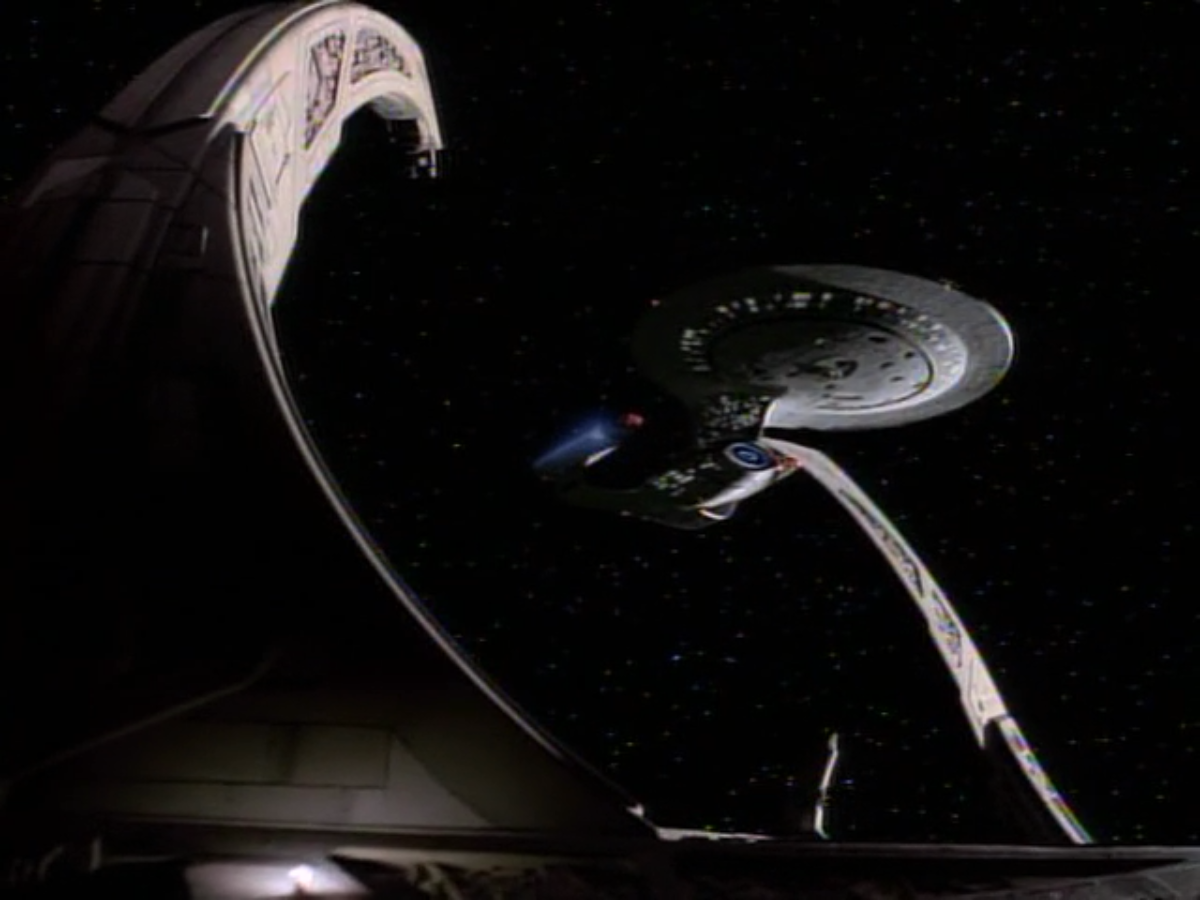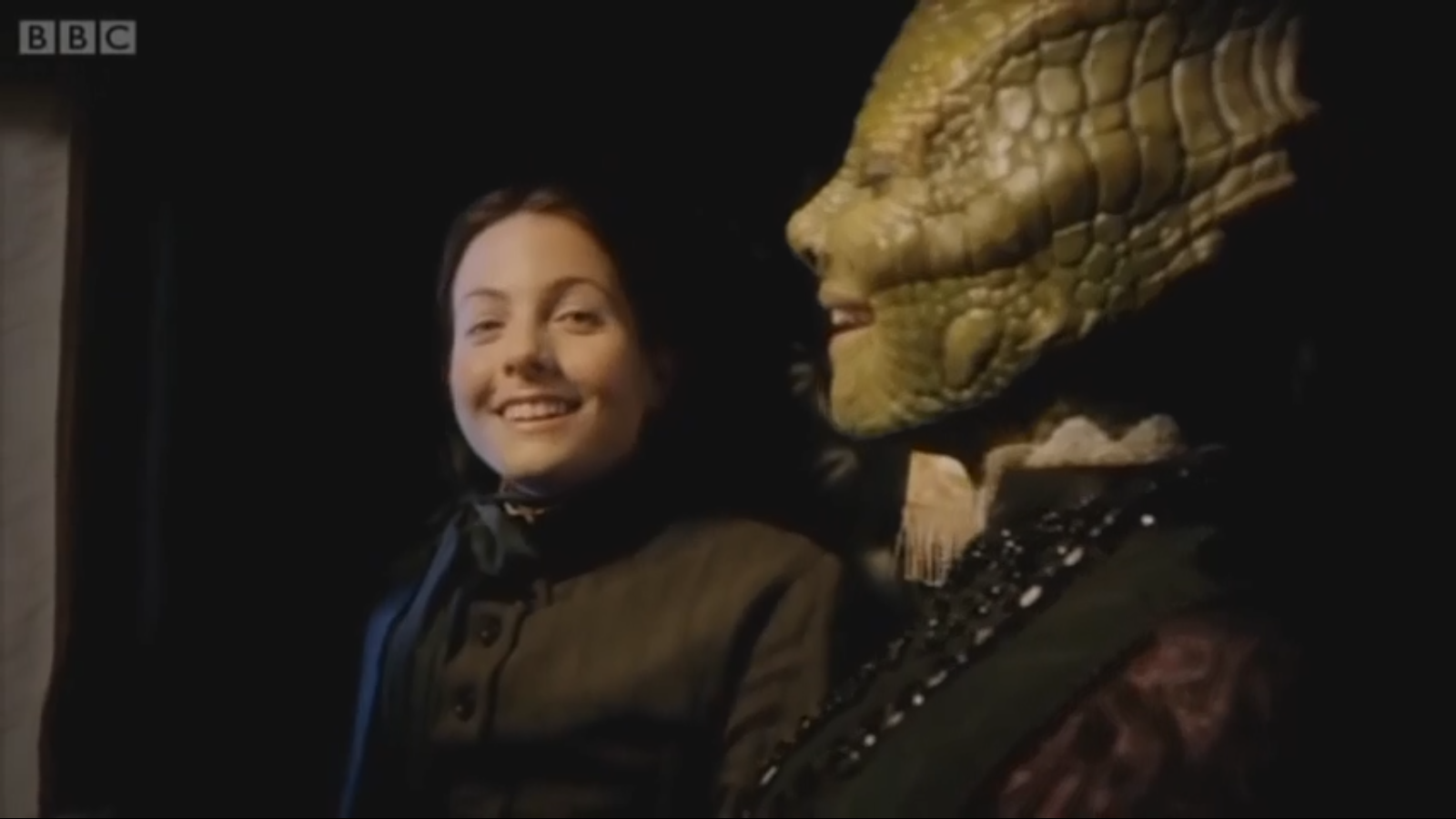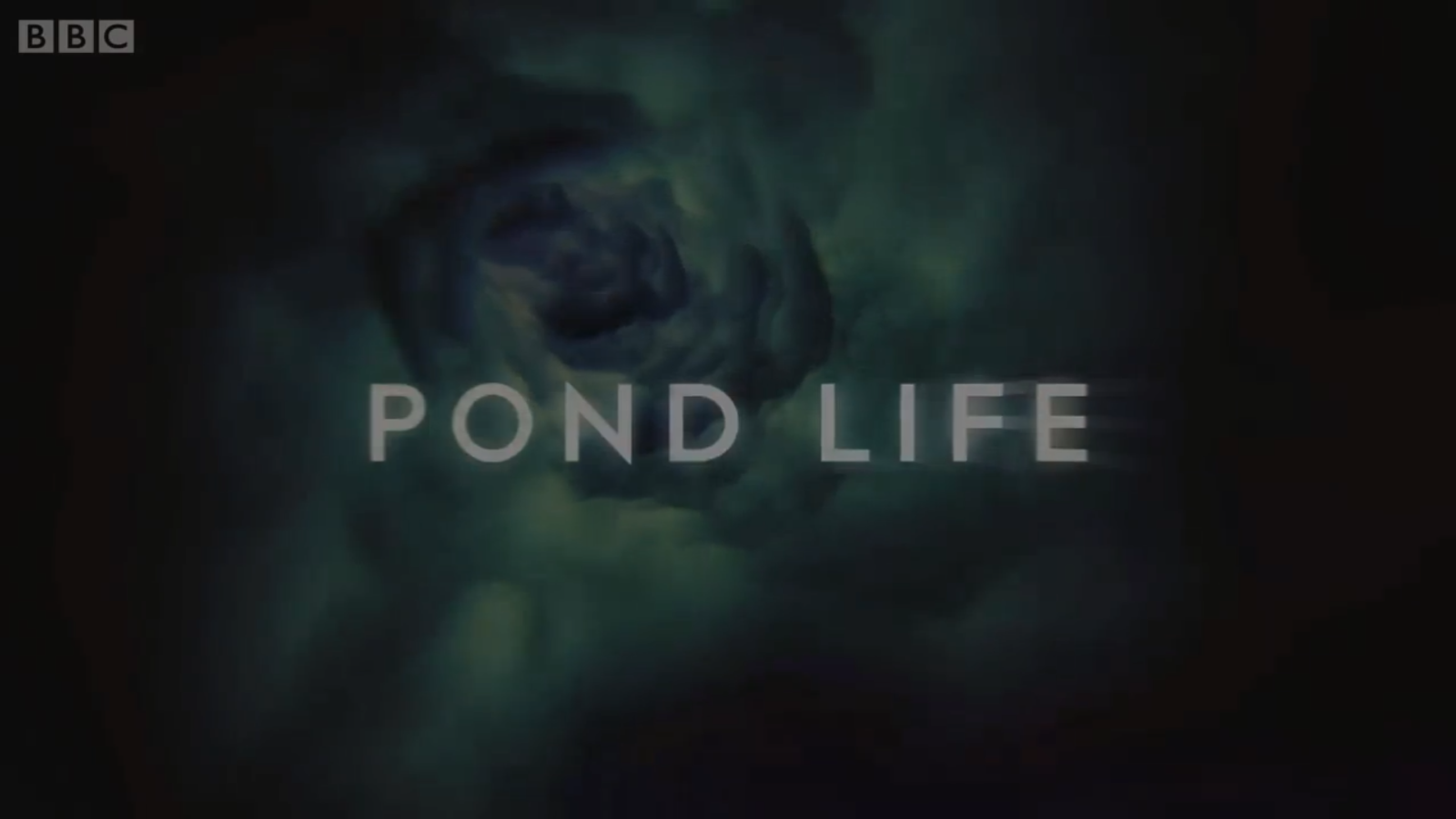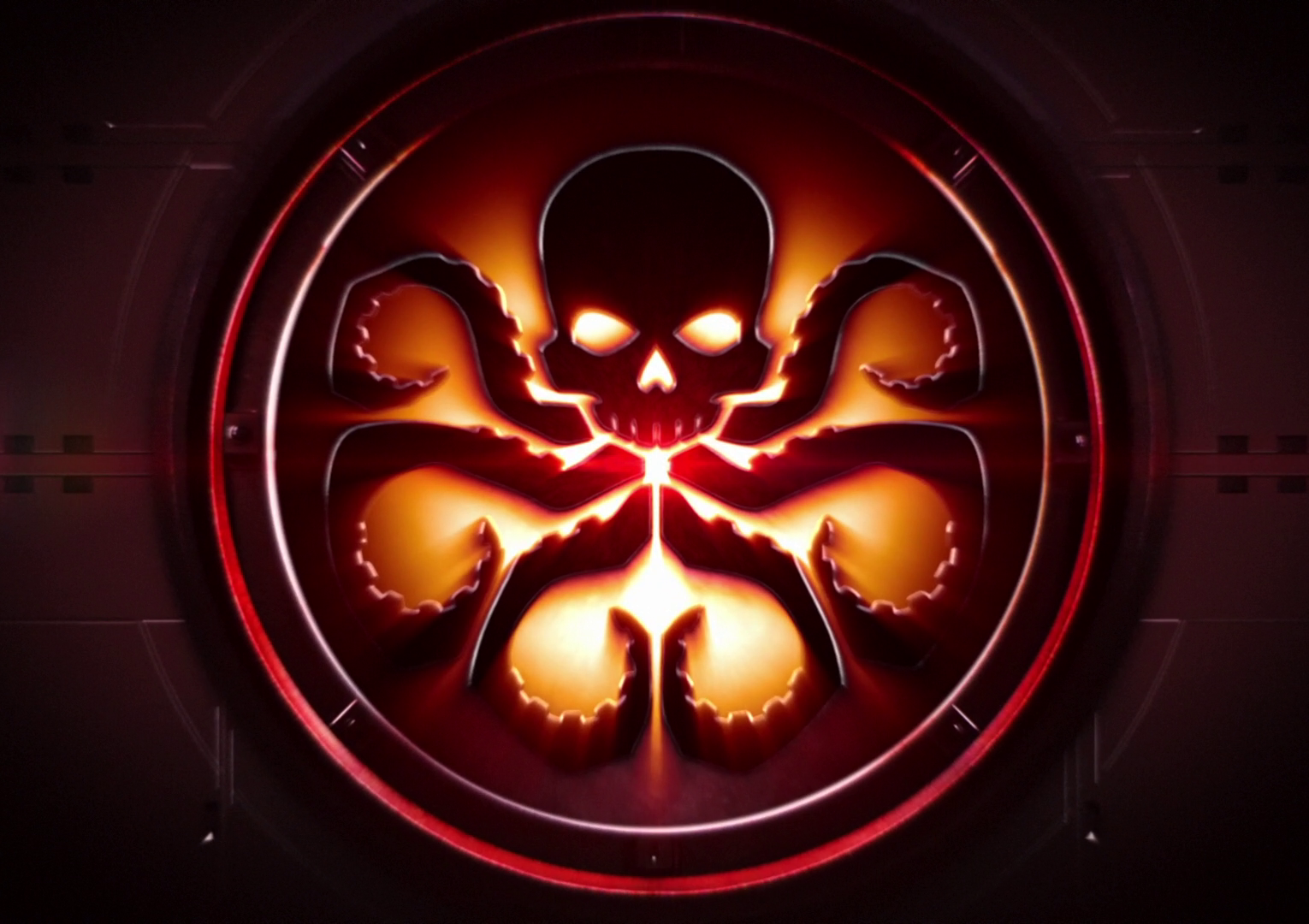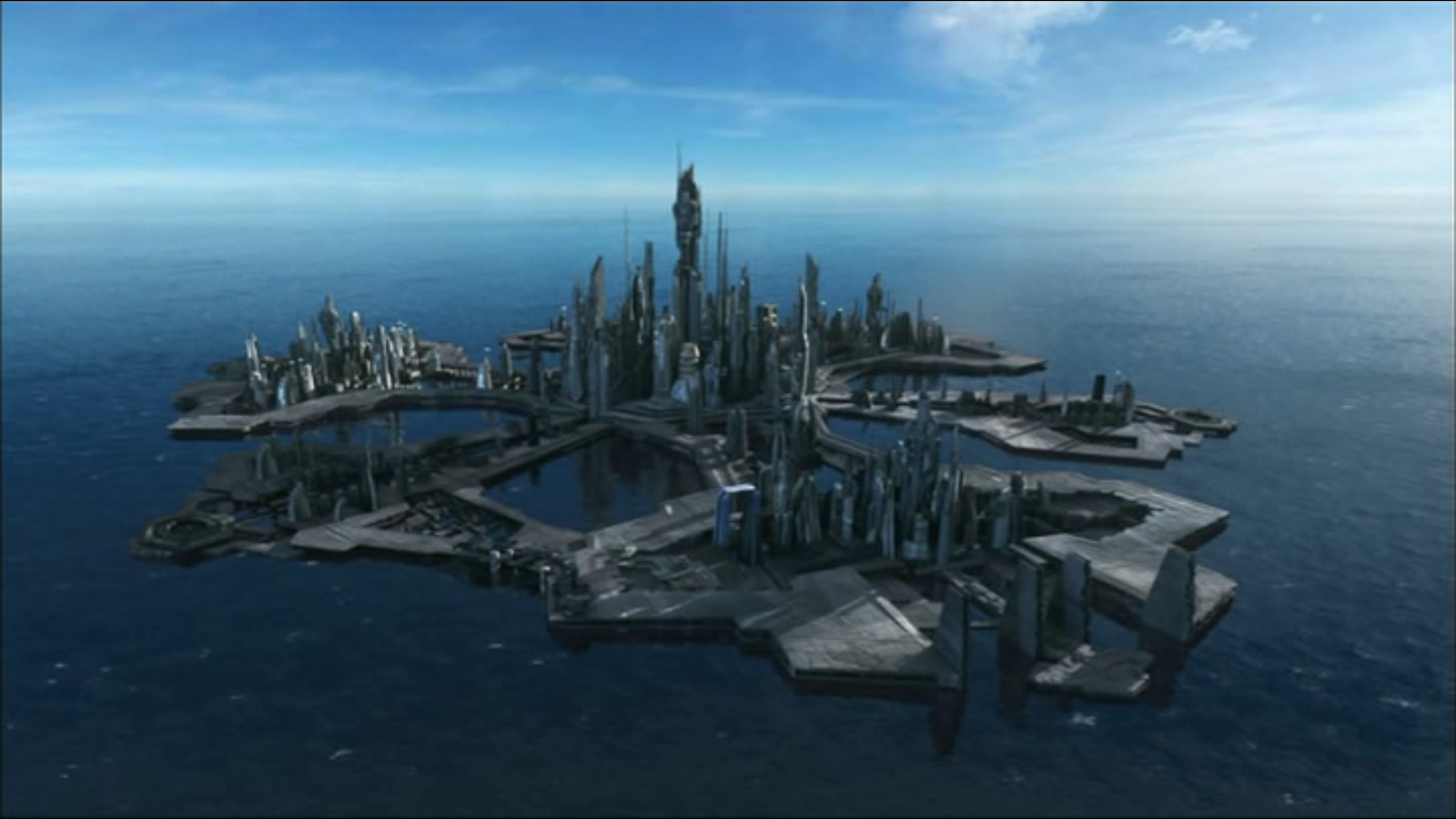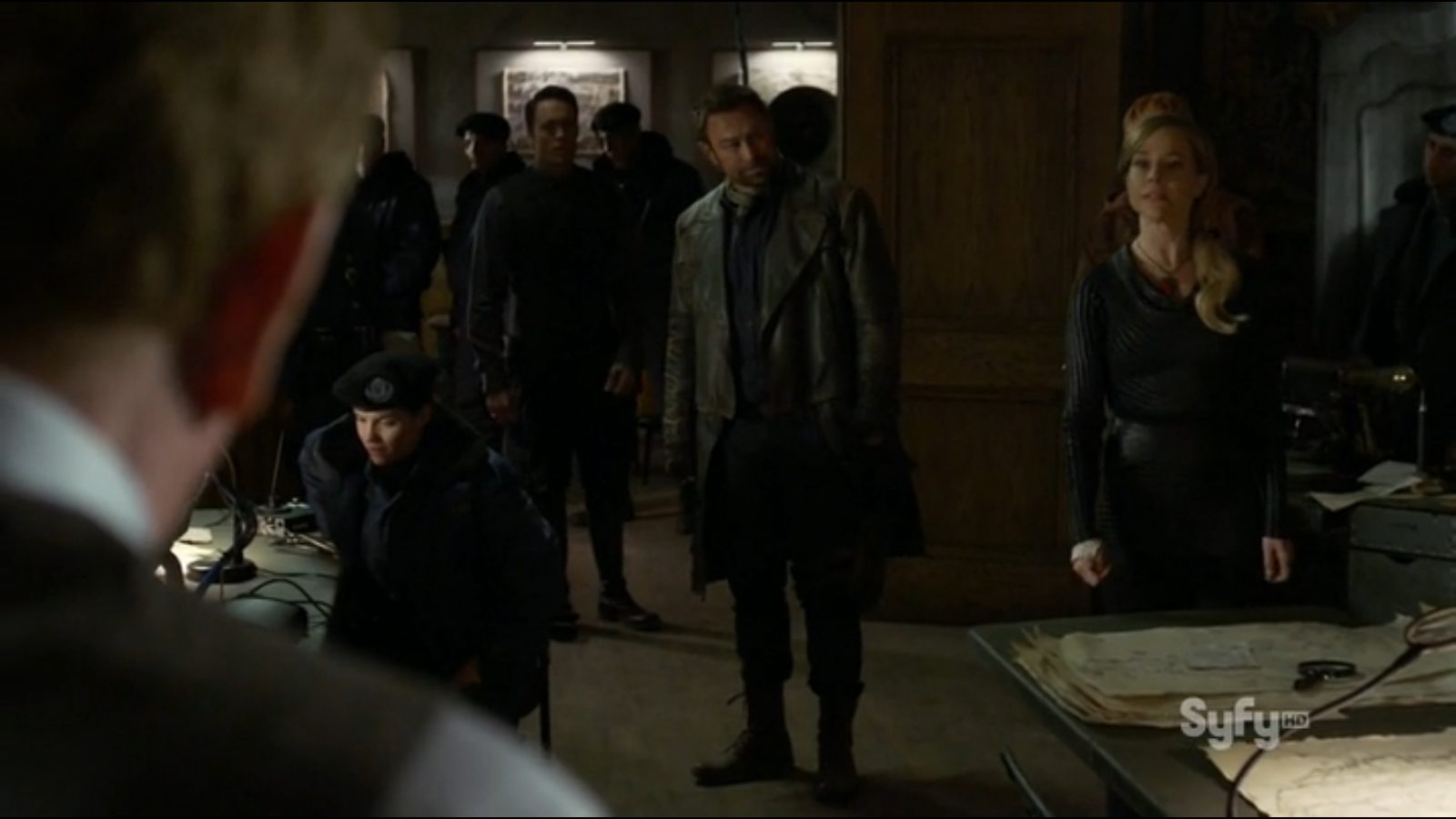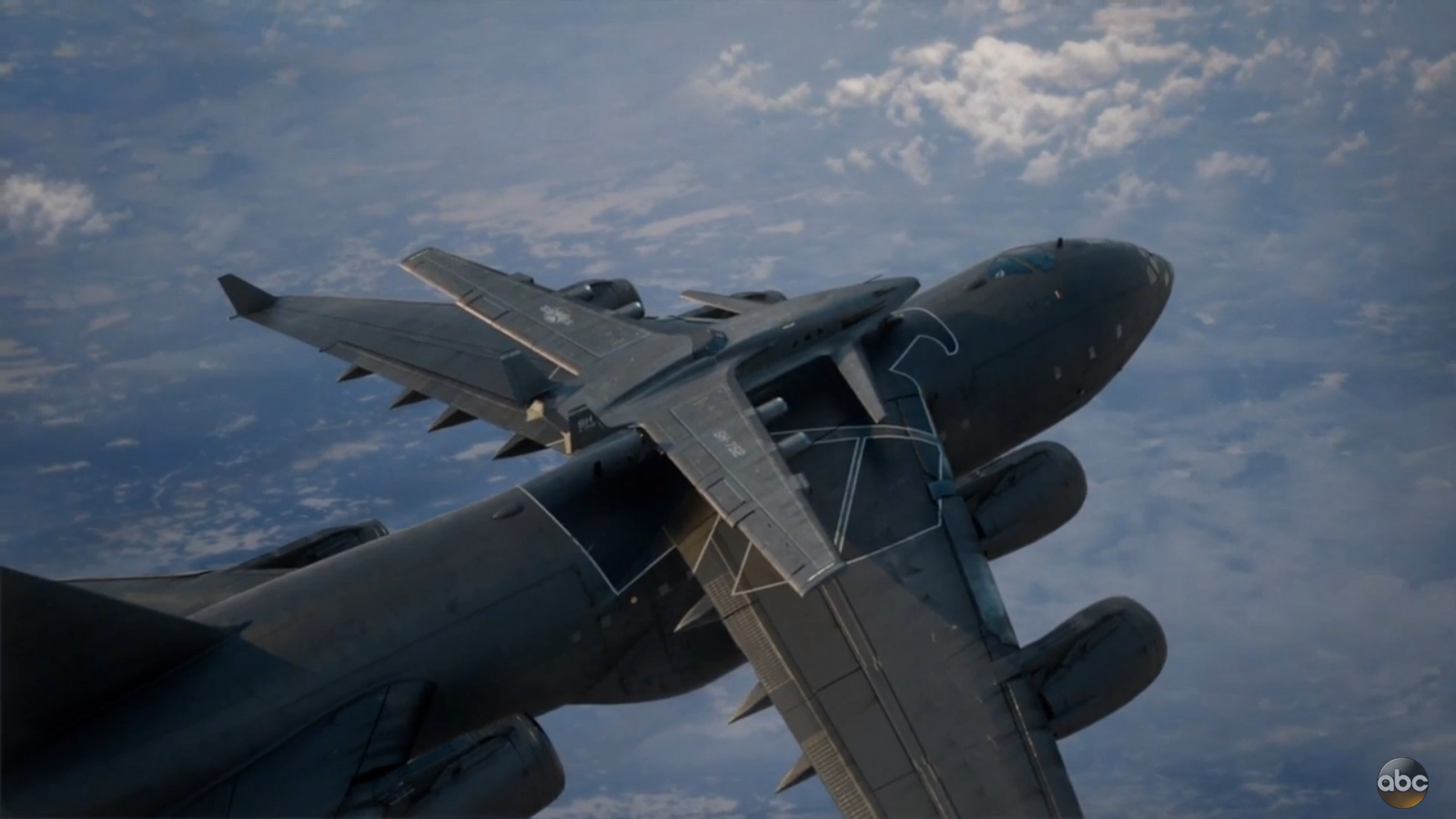Why “It’s Just Science Fiction” is No Excuse for Bad Science
- October 13th, 2014
- Write comment
 If you’re not a fan of Doctor Who, you probably wouldn’t know it, but the recent episode “Kill the Moon” has been divisive, to say the least. Most of the disagreement hinges on one thing: the believability of the plot. Scientific accuracy in science fiction is often a sticking point for fans. Some enjoy very “hard” sci-fi, kept extremely realistic by using only technology that is plausible today. These kinds of shows are rare, since that means no faster-than-light travel, no artificial gravity (which is very hard to film), no humanoid aliens, etc. The alternative is “soft” sci-fi, which bends the rules of reality for the sake of storytelling. On TV, this is often not just story-influenced, but influenced by the budget, as well. Star Trek didn’t use human-like aliens because they wanted to; they didn’t have a choice, as puppetry or stop-motion would be too expensive, and CGI wasn’t an option in the 60’s (and barely an option for TNG in the 80’s). Even today, CGI often breaks the budget, so having CGI aliens in every episode isn’t possible. So why are some deviations from real science okay, and some not?
If you’re not a fan of Doctor Who, you probably wouldn’t know it, but the recent episode “Kill the Moon” has been divisive, to say the least. Most of the disagreement hinges on one thing: the believability of the plot. Scientific accuracy in science fiction is often a sticking point for fans. Some enjoy very “hard” sci-fi, kept extremely realistic by using only technology that is plausible today. These kinds of shows are rare, since that means no faster-than-light travel, no artificial gravity (which is very hard to film), no humanoid aliens, etc. The alternative is “soft” sci-fi, which bends the rules of reality for the sake of storytelling. On TV, this is often not just story-influenced, but influenced by the budget, as well. Star Trek didn’t use human-like aliens because they wanted to; they didn’t have a choice, as puppetry or stop-motion would be too expensive, and CGI wasn’t an option in the 60’s (and barely an option for TNG in the 80’s). Even today, CGI often breaks the budget, so having CGI aliens in every episode isn’t possible. So why are some deviations from real science okay, and some not?
While I don’t want to focus too much on “Kill the Moon,” some discussion of it is necessary, so spoilers for that episode ahead, if you care. Read more

